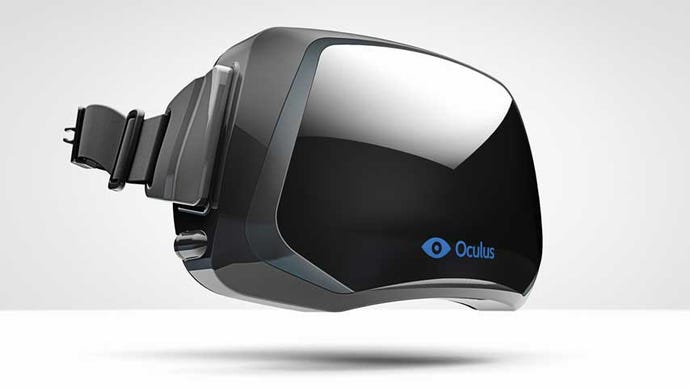What's the one thing Oculus Rift's creator feels can kill off VR?
Oculus VR founder Palmer Luckey feels that there's only one thing that can truly kill off VR, and has warned that his company's Facebook deal isn't a magic ticket to success.
In case you hadn't heard, Facebook recently bought Oculus VR for $2 billion, and it really upset Minecraft creator Markus Persson.
Oculus founder Luckey was speaking at the Silicon Valley Virtual Reality Expo about the VR industry and, as reported by Engadget, stressed that only the best VR games and products will help bring the medium to new levels of success.
He gave a frank warning: "I think really bad VR is the only thing that can kill off VR."
"We've been talking a lot about how the Facebook deal gives confidence to content makers of all kinds," he said, "but people shouldn't take that to mean there's going to be this slam dunk of AAA content that's going to be available at launch. It doesn't mean that. Content takes a long time."
Of course while VR tech demos and prototypes are interesting, many of them are not yet fit for sale at retail. Luckey stressed this reality, and added that the Facebook deal has given his company access to "custom components" that will help improve the Oculus hardware and bring to closer to 'market-ready.'
"What we have that's impressing all these hardcore gamers and technology enthusiasts isn't good enough to be a consumer product," he added.
With so many mods, hardware add-ons and motion devices coupled with VR headsets, it's hard to know what hat end-product might look like. Luckey added that having Sony, Oculus, Valve and other companies working within that space should help the industry reach a consenseus.
"The standard is going to end up being defined by whoever sells the most headsets," he mused, "and it would not be a good thing for them if the standard is games that don't include motion control, or games that require a very high field of view or that absolutely require position tracking.
"If we were to lock into a standard now, what happens when we want to make big changes that vastly improve the performance of our device and requires a complete retooling of the SDK?"
Do you agree?
Via GI.biz.


